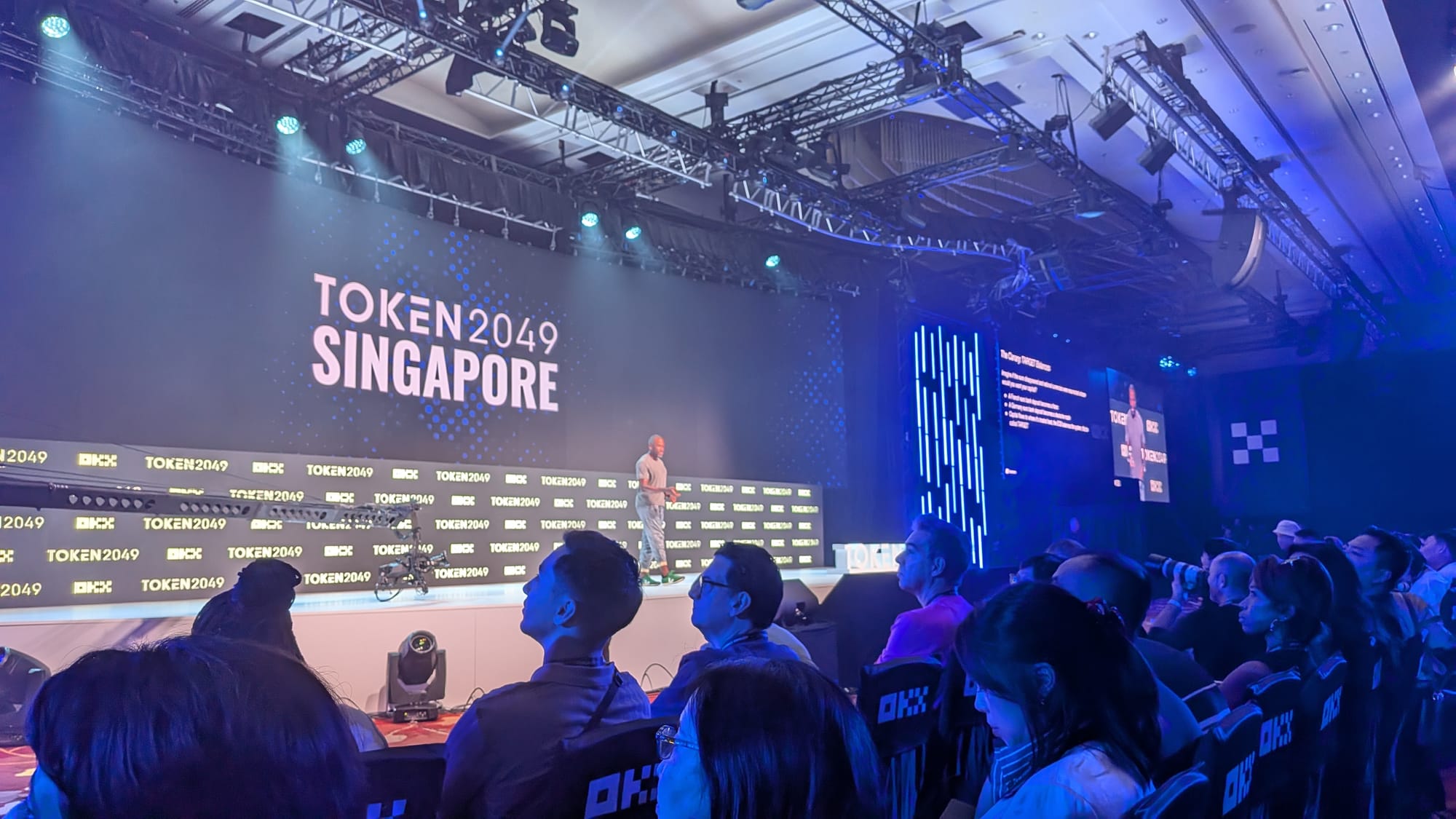Big Money Behind Prediction Sites: A Gamble or a Winner?



The purpose of prediction markets was to facilitate trading on the results of an event or outcome. The bets were to give a probability of the likely result based on the market values.
Over the last two years or so, prediction sites - the biggest two being Kalshi and Polymarket - have gained popularity, with the US presidential race last year contributing to their rise, as the bet on Trump's win came true.
From bets on Trump's health to the Vice President, JD Vance, taking over as the US president, these sites have made investors take notice.
While these sites offer a variety of options for betting on outcomes or events, placing anti-Trump bets may have been stretching the boundaries of what is typical on the platforms.
The reason is that one of Trump's sons has connections to Kalshi and Polymarket via investments and advisory positions.
Nonetheless, these developments illustrate a broader trend: prediction markets, once limited to a small academic circle, have become a crucial component of both political discourse and the media landscape.
As a result, investors are betting big on these prediction sites as big money spinners in business eventually.
Trump's 2024 Presidential Win = Polymarket & Kalshi's Rise
Although Kalshi has been around for seven years and Polymarket for five, their meteoric climb to fame happened during the US presidential campaign of the previous year.
Predictions on these sites were much more accurate than those of the most prestigious surveys.
The result is a multitude of people gathering on these platforms over the course of several months to bet on more than $3 billion on the outcomes.
This proved the business founders' hypothesis: that when people pool their knowledge and have a financial stake in the outcome, they can see further into the future than anybody else.
The bets on these sites, like macroeconomics, trade talk outcomes, geopolitical results, and even smaller events, have turned into a guiding light for many.
The rise of fintech investment had investors bet on platforms, such as Kalshi and Polymarket, which have now reached "unicorn" valuations of $1 billion or more, along with a few smaller ventures.
Currently, bets placed on Kalshi and Polymarket surpass $1 billion monthly, with analytics firm Similarweb reporting over 35 million visitors to the platforms during the summer season.
Risks Galore
Having said that, the risks are quite high. Many users see prediction markets as nothing more than a new kind of gambling, despite advocates seeing them as flexible tools for predicting future outcomes.
If people view the markets primarily as a place to gamble, the intellectual and moral superiority that their advocates have fought for will be lost.
Also, these sites risk the legal pitfalls and intense rivalry in the heavily regulated gambling industry. Concerns are growing regarding sites that allow bets on conflicts or the well-being of political figures amidst widespread social turmoil.
There are concerns regarding the reliability of the two prominent prediction market firms in managing their ventures with due diligence.
Over the last year, the creators of both Kalshi and Polymarket have been involved in some questionable behaviors that might raise concerns for stakeholders and regulatory bodies.
While that fear has ceased for now.
Early last month, the US CFTC approved the return of Polymarket to the US after an absence of more than three years.
That came amidst a deepening debate about prediction markets; some experts say they're better than traditional polls, while others say they're just "digital casinos."
The decision allowed Polymarket's acquisition of QCEX for $112 million, which is a CFTC-licensed derivatives exchange and clearinghouse.
That strategic move established the essential framework for the company to function legally within the US market.
The CFTC has provided a no-action letter that offers relief to the derivatives exchange and clearinghouse regarding specific recordkeeping and reporting obligations for event contracts.
As a result, Polymarket, which runs a prediction market on the Polygon network that uses cryptocurrencies, has started self-certifying its event contracts.
Following a $185 million financing round earlier this year, Kalshi achieved a $2 billion valuation, demonstrating that investors are captivated by the markets. The platform, however, does not run on a blockchain and functions like a traditional derivatives exchange, being fully compliant with US financial regulations.
A venture capital firm that Donald Trump Jr. backs, 1789 Capital, has funded Polymarket.
But the real question is: Can these platforms generate sustained interest—and revenue—outside of the once-in-four-years presidential contest?
Elsewhere
Blockcast
Bridging TradFi & Crypto: Reap's Daren Guo on Stablecoin Innovation
In this episode of Blockcast, Takatoshi Shibayama interviews Daren Guo, co-founder of Reap , a company pioneering stablecoin infrastructure for modern finance. Daren shares his journey from a traditional finance background, having been part of Stripe's growth team, to becoming a key player in the crypto space. He also discusses the transformative role of stablecoins in global payments, particularly their impact on cross-border transactions and financial inclusion in emerging markets.
Like what you hear? Subscribe to Blockcast on Spotify , Apple Podcasts , or wherever you listen.

Bitcoin Rockets to $118.5K as Shorts Squeezed & U.S. Shutdown Spurs Rate-Cut Bets
Your daily access to the backroom...

TOKEN2049 Singapore Day 1: Major Announcements Shape Crypto's Next Chapter
From tokenized stocks going 24/7 to Bitcoin's next evolution and privacy layers for enterprise payme...

Will the Rebound in Cryptos Last?
Digital assets rebound sharply after last week's selloff, led by Bitcoin and Ethereum ETF inflows an...

